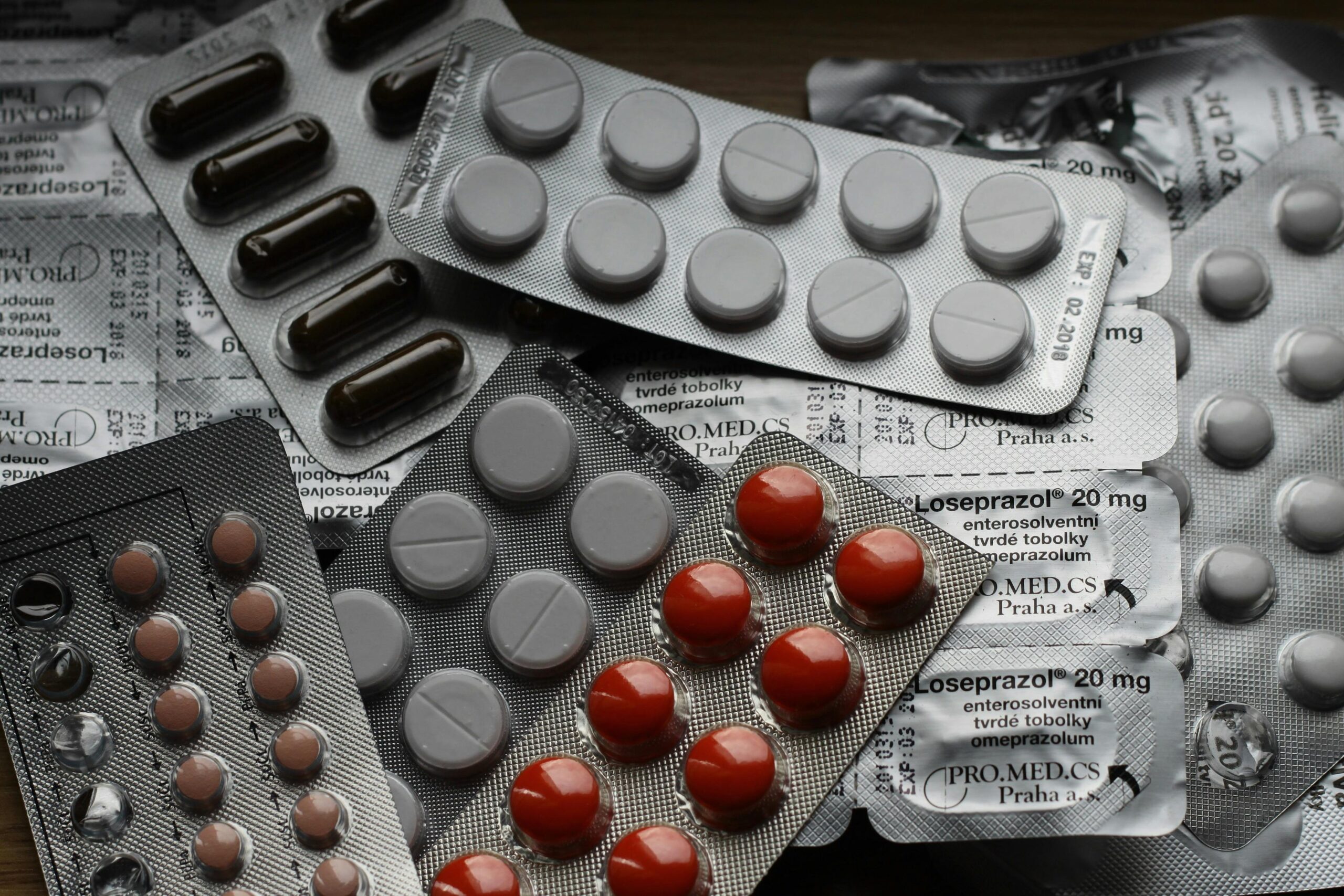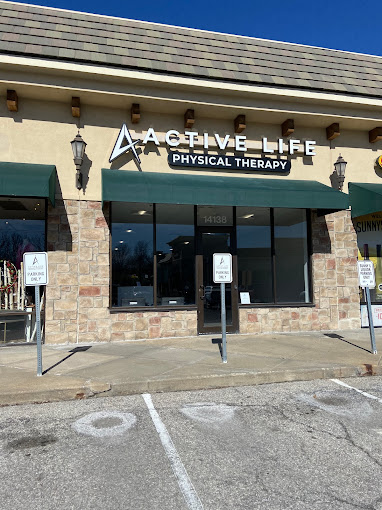
For those who love an active lifestyle and seek to continue their adventures, meniscus repair surgery can be a crucial step in restoring knee function and mobility. Understanding the recovery process is vital for achieving the best outcomes.
Meniscus repair is a surgical procedure to address tears in the meniscus, the cartilage that cushions the knee joint. This surgery aims to preserve the meniscus, promote healing, and restore knee stability. While recovery may require commitment, it is essential for returning to your favorite activities.
At Active Life, we emphasize an Active Treatment approach during rehabilitation. Our goal is to help you regain strength, improve mobility, and return to your daily activities as efficiently and safely as possible.
What to Expect With Meniscus Repair
Please note that recovery timelines and protocols may vary depending on the surgeon's specific approach and your individual circumstances, including any additional repairs (such as meniscus repair). Always follow your surgeon’s guidance for the most accurate expectations.
Return to Sport Considerations
A return to sport may take up to a year or more, depending on your individual progress and any additional repairs performed.
Engaging in rigorous return-to-sport testing is essential to minimize the risk of re-injury and ensure that your knee can handle the physical demands of your chosen sport.
Red Flags In Recovery
During your recovery, it's important to be aware of potential complications. If you experience any of the following symptoms, contact your healthcare provider immediately:
For any questions regarding these symptoms, please consult your physician.
Medication
Take any medications prescribed by your physician as directed. This includes pain management medications, anti-inflammatory drugs, and antibiotics if prescribed. Adhering to your medication regimen can help ensure a smoother recovery.


How To Choose Active Life For Your Recovery
You have the freedom to choose where you want to receive your physical therapy.
If you would like to come to Active Life, please ask your doctor to send a referral to us. Alternatively, you can request a script from your physician to bring to your appointment or send to us directly.
If you are preparing for or recovering from a total Meniscus Repair, our expert team is here to guide you through each phase of rehabilitation.
Contact us today to schedule your initial evaluation and take the first step toward a pain-free, active lifestyle!

